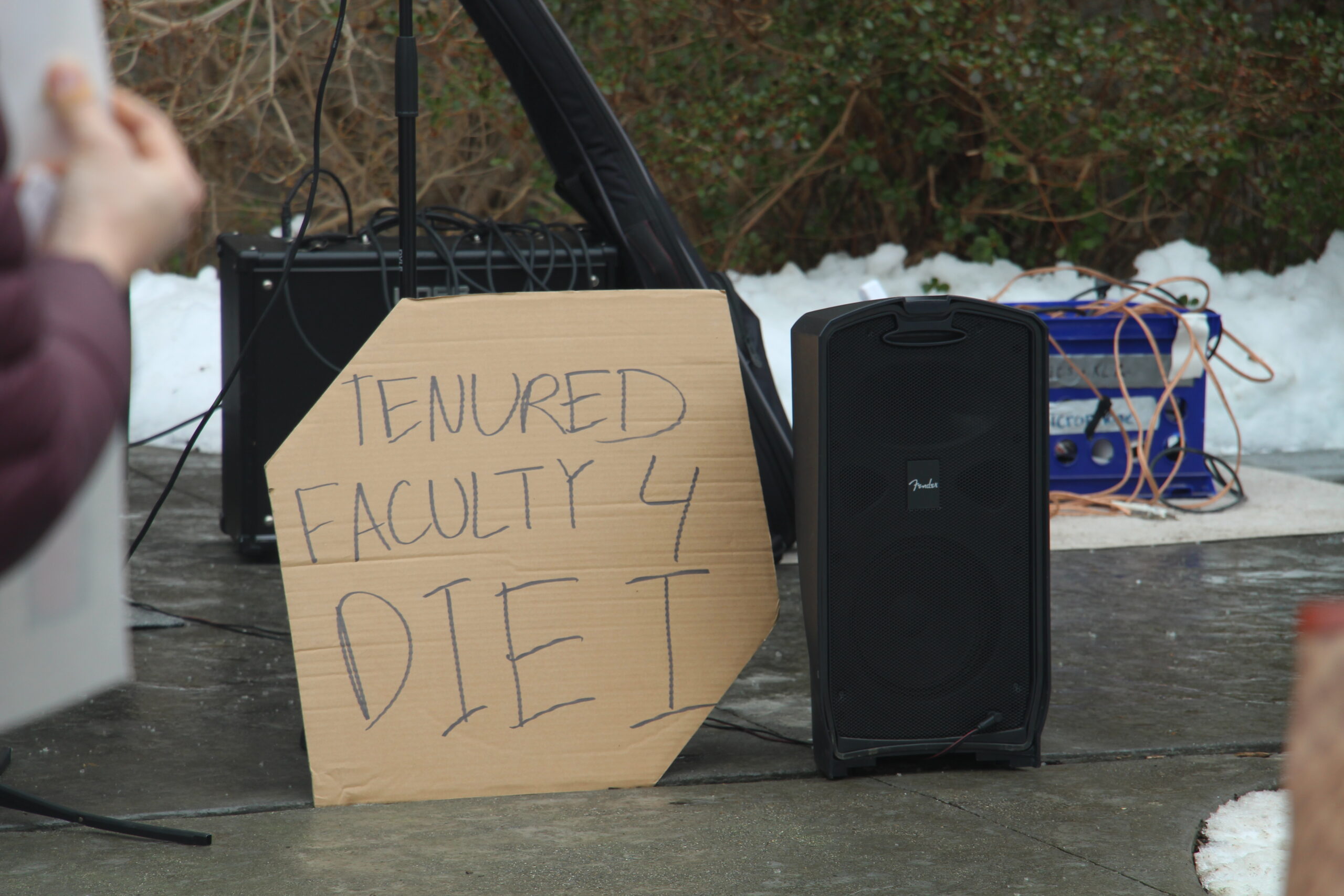Photo courtesy of Unsplash.
For many young adults and teens, Tik Tok has become a part of everyday life. The social media platform allows for individuals to express themselves in 60-second videos as well as serves as a pastime for short breaks within busy schedules. The app has been a platform for new celebrities and connects millions around the world with funny dancing trends, jokes, and relatable stories. While this may seem harmless at first glance, these trends with their catchy music and accompanying clips touch the lives of individuals around the world and have become a source of fuel for the most current pop culture and social expectations.
From transformation and weight loss videos to “what I eat in a day” clips, to advertisements for dieting products, Tik Tok has become a platform capable of planting harmful and triggering messages into the minds of the younger generation. Tutorials on how to make whipped coffee from home during quarantine can seem harmless, until cooking tips give way to teenagers counting calories, making jokes about eating disorders, and promoting advice on obtaining “ideal” body types on your “For You” page. Although platforms such as Instagram and Snapchat support diet culture through their ads and posts, scrolling through endless videos on Tik Tok makes “before and after” photos, advice, and expectations, more personal. Instagram even tried to piggyback off of Tik Tok’s success, by creating Reels and allowing Tik Toks to be reposted on their version of the “For You page” as well, but still relies on photo sharing as its main media. Although Snapchat also relies heavily on video clips, they are temporary, and certainly do not offer the same opportunity for videos to go viral. Tik Tok is so popular because it dramaticizes snippets of life, and infiltrates individuals’ perspectives and values unassumingly by posing as harmless entertainment.
Another large reason that Tik Tok is so harmful is because it targets the unsuspecting younger generation, who can often be vulnerable to harmful influence. As New York Times claimed in July of 2020 in regards to Tik Tok: “more than a third of its 49 million daily users in the United States” are “14 years old or younger” (Zhong and Frenkel 2020). In reflection of this, Tik Tok stars and influencers are also skewed to be young. Meghan Cunningham ‘21 is a member of the Women’s Varsity Lacrosse team and the founder of Conn’s chapter of The Hidden Opponent, a non-profit group that works to spread awareness and support among college athletes regarding mental health issues. Tik Tok, as Cunningham points out, has “become ingrained in our everyday lives and a critical part of our society. The reliance on technology perpetuates a toxic cycle in which teens and young adults go to social media for entertainment and connectivity but then are blindsided by triggering content that makes them feel bad about themselves.” Even a successful student athlete like Cunningham admits that she can be susceptible to feeling “sad, guilty, or worthless” when encountering diet culture motivated trends on Tik Tok.
But not all of Tik Tok’s influence has been bad. Countless Tik Tokers have opened up about their struggles with diet culture and other societal expectations in terms of food, body image, and mental health. Victoria Garrick, a former D1 volleyball player at the University of Southern California ‘19 and founder of The Hidden Opponent, has been influential in the anti-diet culture movement. By using trending sounds on Tik Tok, Garrick creates videos that are relatable and funny, but fight the harmful messages that diet culture spreads through the app.
Other figures who have jumped on the bandwagon of fighting these destructive messages on Tik Tok include influencer Brittani Lancaster (@brittanilancaster), who has publicized her recovery from two eating disorders and uses her experiences to better educate followers in regards to damaging society expectations, while serving as proof and encouragement that recovery is possible. Sienna Mae Gomez (@siennamae), another influencer, has also been hugely influential in promoting body positivity. She posts videos starring her belly fat, stretch marks, or other aspects that diet culture has deemed as bad, and embraces them with love.
Cunningham recognizes this “side” of Tik Tok as well, and in an effort to counter the negative impacts that Tik Tok can have in her daily life, she aims to “follow accounts that make [her] feel good about [herself],” citing influencers such as Garrick, Emily Didonato (@didonatoemily), Remi Bader (@remibader), and Logan Hill (@loganraehill).” The senior student athlete believes that “with Tik Tok specifically, the algorithm is so precise that it is important to become a conscious consumer and regularly check-in with yourself to make sure you are using the app responsibly.”
So where does this leave us? Tik Tok’s viral trends reach millions around the world, and have a tremendous potential influence, both negative and positive, on users. Are its viral trends simply a reflection of what consumers of the apps entertainment think, or have they created skewed representations of societal values, while favoring the addicting, diet culture-fueled marketing schemes of sponsoring companies? Do influencers for the anti-diet culture movement have a true chance at outshining their diet-enthusiast counterparts?
The answer, in short, is that it’s tough to say. For now though, it is important to be mindful of what you are seeing as a consumer, and who your audience is when creating videos. Regardless of what impacts Tik Tok’s algorithms and format might have on how videos are portrayed, it is ultimately us as individuals and consumers of the media platform who create these clips. Other than the larger advertisements posted by large corporations, each “For You page” is dominated by the recordings of individual creators. As Cunningham points out, “stumbling across an anti-diet or a body-positivity influencers page and hearing their story and learning about their struggles in their day to day life can truly be life changing.”










